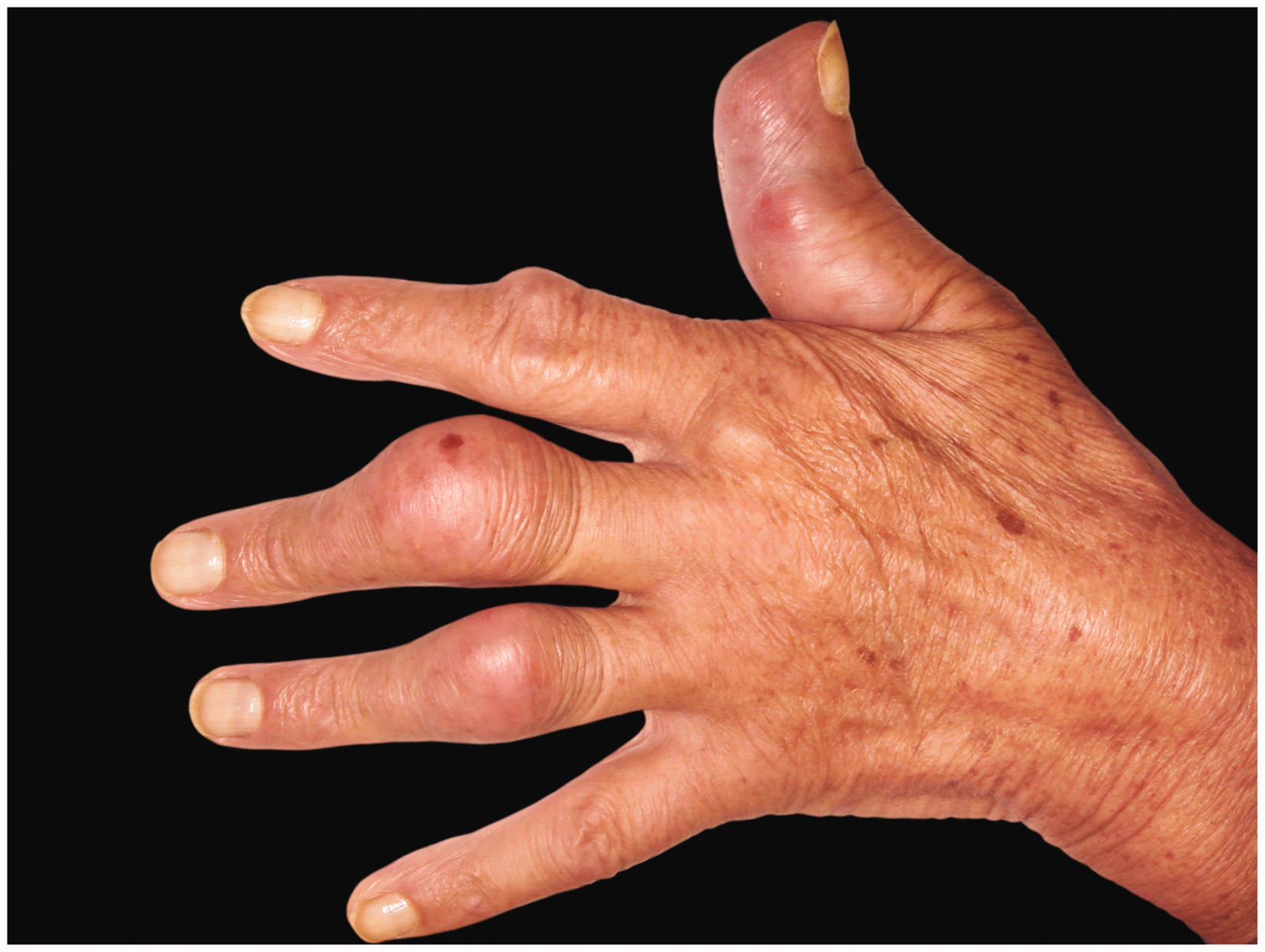
Rheumatoid arthritis (RA) is tough. It’s an autoimmune disease. Your immune system attacks joints. This causes pain and swelling. Joints become stiff and damaged. It affects millions worldwide. Managing RA is a daily challenge. Beyond joints, other systems suffer. Your heart health is also at risk. Understanding this link is vital.
Rheumatoid Arthritis and Heart Disease: The Hidden Link
There’s a hidden link between RA and heart disease. It’s more than just a coincidence. RA increases cardiovascular risk. Inflammation is a key player. It affects your joints directly. But it impacts your heart too. Doctors now recognize this connection. Managing RA protects your heart. This awareness is truly crucial. Prioritize both conditions always.
Understanding Rheumatoid Arthritis
RA is a chronic condition. It causes widespread inflammation. Primarily it targets your joints. It leads to joint erosion. This causes deformity over time. Fatigue is also common. Fever and general unwellness occur. It’s a systemic disease. It affects the entire body. Not just one specific area. Its reach is far greater.
The Inflammatory Connection
Inflammation is the bridge. In RA, it’s chronic and systemic. This inflammation harms blood vessels. It affects heart muscle directly. It contributes to plaque buildup. This narrows your arteries. This process is called atherosclerosis. It increases heart attack risk. Strokes can also occur. Managing inflammation is paramount. It protects your heart.
Increased Cardiovascular Risk
People with RA face higher risks. Heart attacks are more common. Strokes happen more frequently. Heart failure risk also increases. These risks are independent of other factors. Even without traditional risk factors. Like high cholesterol or smoking. RA itself is a risk. This emphasizes its systemic nature. Don’t underestimate this danger.
Atherosclerosis and RA
Atherosclerosis accelerates in RA. Chronic inflammation damages vessel walls. This makes them prone to plaque. Plaque hardens and narrows arteries. This reduces blood flow to the heart. It’s a silent, dangerous process. RA patients develop it earlier. It progresses more rapidly too. Controlling inflammation slows this. This is a vital treatment goal.
Specific Heart Conditions in RA
RA can cause direct heart issues. Pericarditis is inflammation. It affects the sac around the heart. Myocarditis targets heart muscle. It can weaken heart function. Vasculitis inflames blood vessels. This can lead to serious damage. Heart valve disease is also possible. These are specific RA complications. Doctors actively screen for them.
Traditional Risk Factors Still Matter
Despite RA’s direct impact. Traditional risk factors persist. High blood pressure is common. High cholesterol levels occur. Diabetes incidence is higher. Smoking greatly increases risk. Obesity is also a factor. These add to your total burden. Managing them is still critical. They compound RA’s effects. Address all risk factors diligently.
Early Diagnosis of RA is Key
Early diagnosis of RA helps. It allows prompt treatment start. Controlling inflammation early. This protects your joints. It also reduces heart risks. Delaying treatment causes damage. Both to joints and vessels. Seek medical help for symptoms. Don’t ignore persistent joint pain. Early action changes outcomes. It preserves your future health.
Treatment Strategies for RA
RA treatments are crucial. They aim to reduce inflammation. DMARDs are disease-modifying drugs. Methotrexate is a common one. Biologics target specific pathways. Steroids reduce flares quickly. These medications protect joints. They also reduce systemic inflammation. This benefits your heart significantly. Adhere to your treatment plan.
Monitoring Heart Health
Regular heart checks are vital. Your doctor should screen for risks. Blood pressure checks are essential. Lipid panel tests cholesterol. Diabetes screening is important. You might need an ECG. Sometimes, an echocardiogram. These tests monitor heart function. Don’t skip these appointments. They keep your heart safe.
Lifestyle for Dual Protection
Lifestyle choices are powerful. A heart-healthy diet helps. Lots of fruits and vegetables. Lean proteins and whole grains. Limit saturated fats and sugar. Regular exercise is beneficial. Even gentle activities count. Quitting smoking is paramount. Alcohol in moderation, if at all. These protect both joints and heart. They boost overall well-being.
Communication with Your Doctors
Talk openly with your doctors. Inform your rheumatologist. Tell them about heart concerns. Inform your cardiologist too. Tell them about your RA. Both specialists should communicate. They need full medical picture. This ensures coordinated care. Your health team works together. You are at the center. Don’t hesitate to ask questions.
The Future of Research
Research continues to advance. Scientists explore new treatments. Understanding the link deepens. Better therapies are emerging. These aim for dual benefits. Protecting both joints and heart. Clinical trials offer hope. New discoveries bring promise. Stay informed about progress. It benefits future patients. The science is evolving.
Empowering Yourself
Empower yourself with knowledge. Understand your conditions fully. Be proactive in your care. Follow all medical advice. Live a healthy, balanced life. Advocate for your needs. Connect with support groups. Your journey is unique. You can manage this challenge. Take control of your health.
